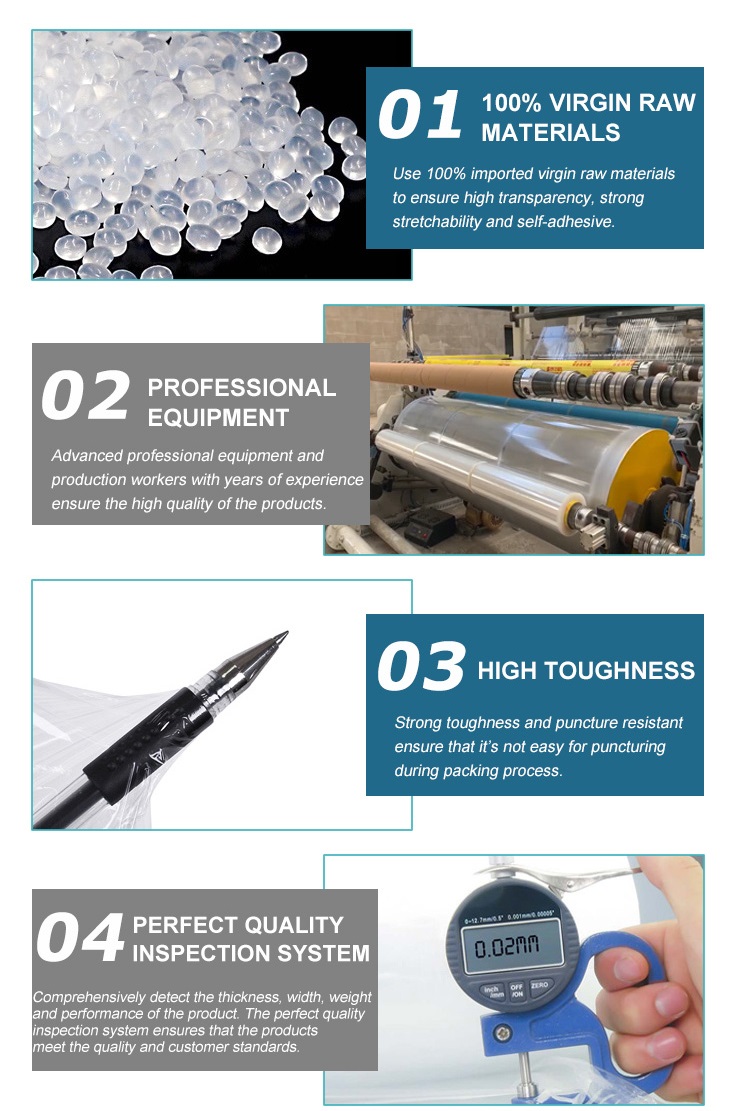To revisit this article, select My Account, then View saved stories
Find anything you save across the site in your account Warehouse Shrink Wrap

“I know the feeling,“ the director Ani Mrelashvili says, ”how it is when you receive this package and you open it and you see with how much love it was packed.”
If you’re a Georgian living in Berlin and you need to send a package to friends or family back home, you go see Maka.
In 2020, Ani Mrelashvili was in her first year at the Konrad Wolf Film University of Babelsberg, in Potsdam, Germany, studying to become a director. She’d grown up in Tbilisi, Georgia, and moved to Germany after turning eighteen to join her brother and aunt, and to continue her studies in Berlin. The road from her country to Western Europe was, by that point, well trodden. The collapse of the Soviet Union, in the early nineties, had destabilized Georgia’s government and economy, and prompted a mass exodus of its citizens, with many Georgian women looking for work as housekeepers or caregivers to the elderly. Mrelashvili knew that she wanted to make a film about Georgian migrants in Berlin. What she found was a story that spoke to the homesickness many Georgian migrants share—a nostalgia they endure in the hope of improving their economic situations. “I found this shop,” she said. “I found it on Facebook, because people were asking, ‘How can we send packages to Georgia?’ And everyone [said], ‘Go to Maka. She’s the best.’ ”
View the latest or submit your own film.
Maka, a Georgian migrant living in Berlin, and the central figure in Mrelashvili’s short film “1 Kilo - 3 Euros,” started working for a shipping business after she found herself in need of a delivery service that she could trust. Mrelashvili told me that some Georgians don’t speak German; they prefer to avoid larger shipping companies such as DHL and FedEx, which “are so bureaucratic.” Often, the packages handed over to them by Georgians never make it to their intended destinations. In Maka’s care, anything, such as a coatrack or clothespins, is sure to arrive safely.
At the time that the documentary was being shot, Maka was working out of an office situated in a nondescript parking lot in Berlin for six or seven hours a day, a couple of times a week. Mrelashvili’s film portrays a cramped space with sparse lighting from a few desk lamps sprinkled around the room, a fluorescent tube attached to the ceiling, and a bit of pale sunlight that trickles in through a wall of glass blocks and an open door. In the film, Maka’s Georgian clients enter the room one at a time, as if entering a sacred space, to wrap their packages in tape or torn plastic trash bags, leaving no corner of their parcels uncovered.
“This wrapping act is so important for them,” Mrelashvili said, of Maka’s customers, who want to insure their packages arrive intact. One man has secured his package—medicines for his mother, and some bottles of whiskey for good measure—in so much tape that Maka jokes with a smirk that she’ll be accused of cheating for the extra weight all the tape is adding.
Another patron arrives to pick up a package sent to him by his cousin, a beekeeper. From a plastic bag tightly bound in yellow tape, he reveals blocks of untreated beeswax. “I could get it from here, too,” the man says, “but I feel like it’s blessed when it’s passed on directly.” He will boil the beeswax in water to concoct some homemade remedies.
These anecdotes reminded Mrelashvili of being a child in Georgia in the early two-thousands, and receiving packages and letters from her aunt, who’d been living abroad at the time. “When I went [to Maka’s shop], I saw myself on both sides of this: someone who sends but also someone who receives. I know the feeling, how it is when you receive this package and you open it and you see with how much love it was packed.”
After a video call with Maka’s young children in Georgia, during which she says that she’s sending them coloring pens, Maka sits down with a couple of friends to eat some khachapuri, a traditional Georgian dish of cheese-filled bread. The friends toast, saying, “Let us strive to live in a way that our hearts are filled with love and happiness,” and share wishes about their country’s economy improving so that, one day, “Georgians won’t need to leave.” All the while, they’re surrounded by packages awaiting their journeys, entrusted to Maka and bound for loved ones back home, filled with the sentiments and practicalities that can’t be conveyed in a text message or an e-mail.
The killer who got into Harvard.
The contested legacies of Napoleon.
Why 1956 was a radical year in hair dye.
The legends of Lizzie Borden.
The skyscraper that could have toppled over in a windstorm.
The day the dinosaurs died.
Fiction by Amy Tan: “Immortal Heart”
Sign up for our daily newsletter to receive the best stories from The New Yorker.
By signing up, you agree to our User Agreement and Privacy Policy & Cookie Statement. This site is protected by reCAPTCHA and the Google Privacy Policy and Terms of Service apply.

Stretch Film Jumbo Roll 50kgs © 2023 Condé Nast. All rights reserved. Use of this site constitutes acceptance of our User Agreement and Privacy Policy and Cookie Statement and Your California Privacy Rights. The New Yorker may earn a portion of sales from products that are purchased through our site as part of our Affiliate Partnerships with retailers. The material on this site may not be reproduced, distributed, transmitted, cached or otherwise used, except with the prior written permission of Condé Nast. Ad Choices